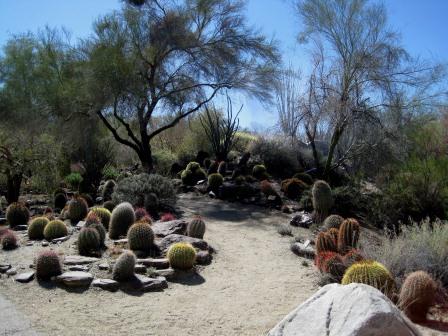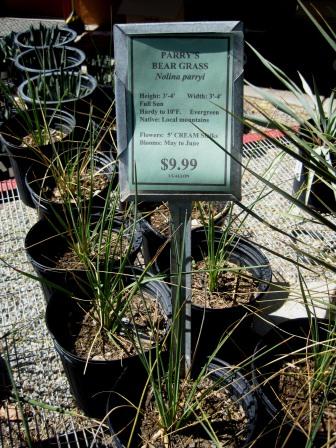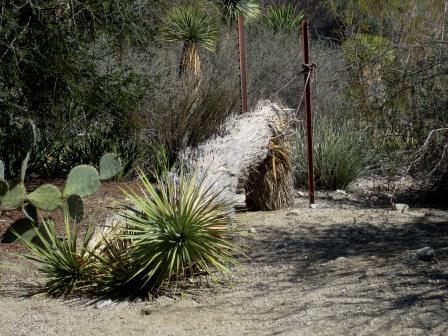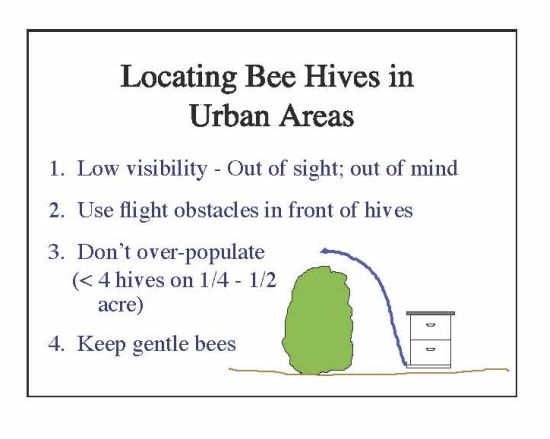

Elizabeth: You have to take me to shore! According to the Code of the Order of the Brethren…
Captain Barbossa: First, your return to shore was not part of our negotiations nor our agreement, so I ‘must’ do nothing.
And secondly, you must be a pirate for the Pirate’s Code to apply, and you’re not.
And thirdly, the code is more what you call "guidelines" than actual rules.
Welcome aboard the Black Pearl, Miss Turner!
— Pirates Of The Caribbean: The Curse Of The Black Pearl
There are ways, and then there are ways.
I’m always torn on this topic when it comes to pirate…I mean, gardening. How much I consider “rules” is minimal. There are few absolutes. Guidelines? Yes. Lots.
I know, absolutes and rules make decision-making easier and life simpler. Do this, now. Don’t do that, you’ll kill it.
Novices (at anything) especially appreciate rules.
As a not-so-seasoned beekeeper, the wildly diverse range of opinions and conflicting information on any one point is making me nuts. Plus, all direction seem to come with the unspoken sentiment “…or they’ll DIE”. March comes…”feed a 1:1 syrup to ensure a strong brood before nectar flow." Just as popular: “do NOT feed syrup in the spring, the bees have to exert too much effort to evaporate the water out and the hive will be too humid (and then you-know-what happens). Aargh
To-do lists: great suggestions or fun-crushing obstacles to gardening enjoyment?
As the seasons change, you can’t pick up a gardening magazine or read a local paper column without some mention of Things You Would Be Doing In Your Garden Right Now If You Were Worth A Damn. Some lists even use the term "chores." Chores are splitting wood and cleaning the toilet. Gardening, though requiring physical activity, is not a chore. Back to lists: a very fine regional gardening newsletter I just received had no fewer than 32 items on their March-April "To-Do List". Thirty-two.
Three to-do directives I’ve seen in the last month and my judgement thereof:
“Browse plant and seed catalogs and get your orders in.” Duh. Rule.
"Don’t prune Buddleia and other sub-shrubs until the buds are breaking. If you prune it in the fall, it will DIE." Guideline. I’ve done both, with no fatalities (has anyone actually killed a butterfly bush by accident?).
“Wait until after last frost to set out tender annuals and warm-season vegetables.” I think our last frost was sometime back in February. Every man for himself on this one. I’m shooting for tomatoes in May.
Some lists skew more towards hard labor while others are not so time-consuming – such as “cut some daffodils and bring them inside to enjoy!” Marvelous! I may actually get around to that! But wait – there’s a caveat – “because daffodil sap is ‘toxic’, don’t mix any other species of cut flowers in with them."
[or they’ll DIE]

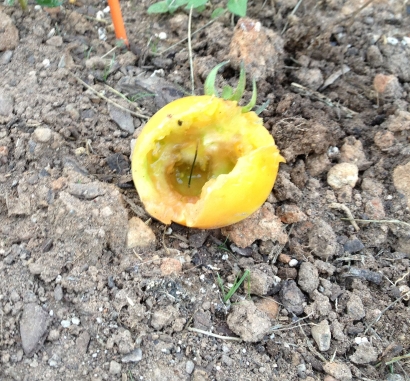
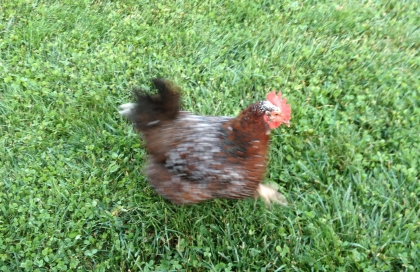

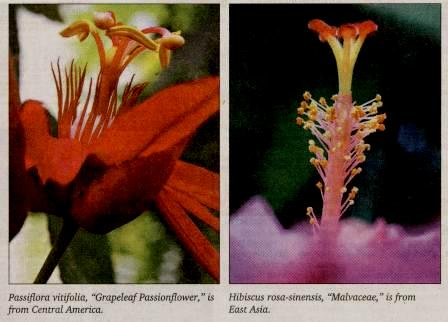
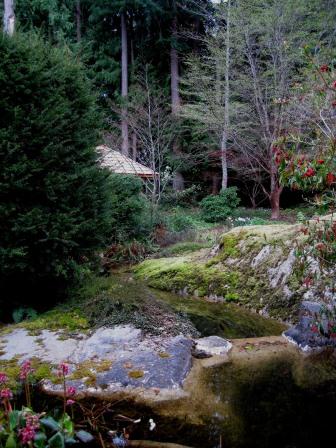
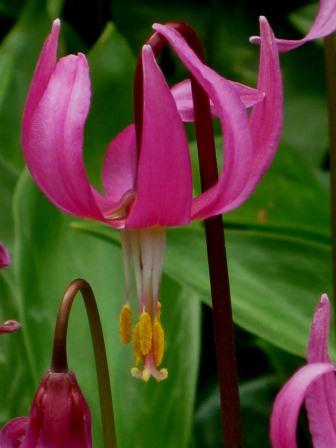

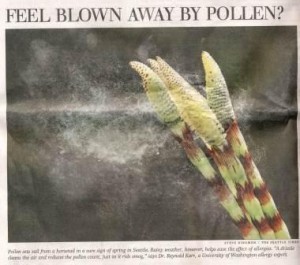

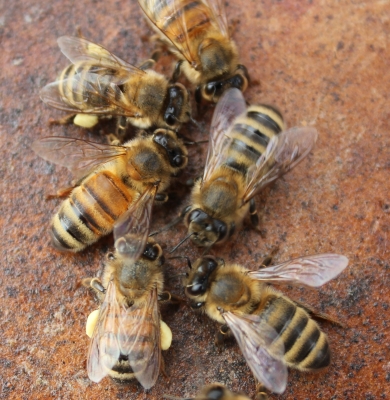
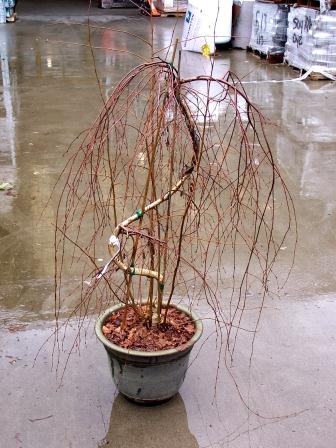
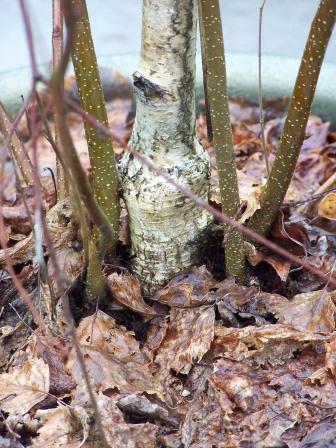 Rootstock revolt. The surest way to kill off your grafted scion.
Rootstock revolt. The surest way to kill off your grafted scion.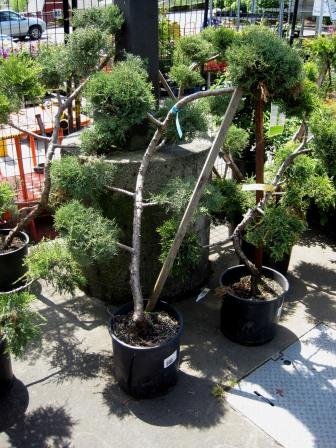 A botanical bow? Or a horticultural harp?
A botanical bow? Or a horticultural harp?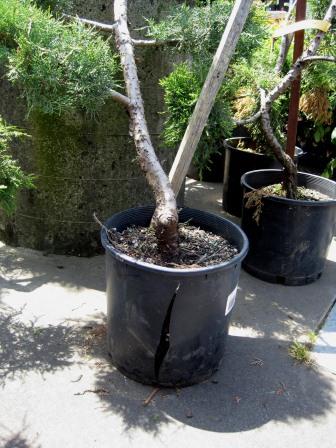 And check out the pot! If there’s enough root mass in there to crack the pot, you can bet it’s long past its potting up date.
And check out the pot! If there’s enough root mass in there to crack the pot, you can bet it’s long past its potting up date.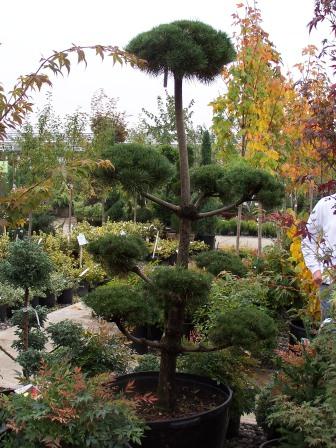 Love broccoli? Then why not have a broccoli tree???
Love broccoli? Then why not have a broccoli tree???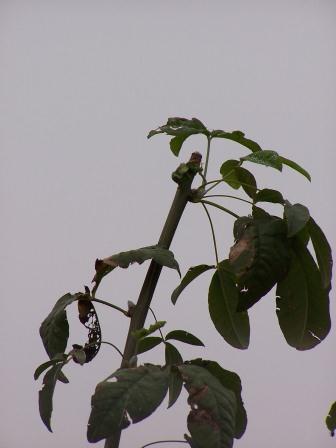 Looking for a maintenance nightmare? Then this beheaded beauty is for you!
Looking for a maintenance nightmare? Then this beheaded beauty is for you!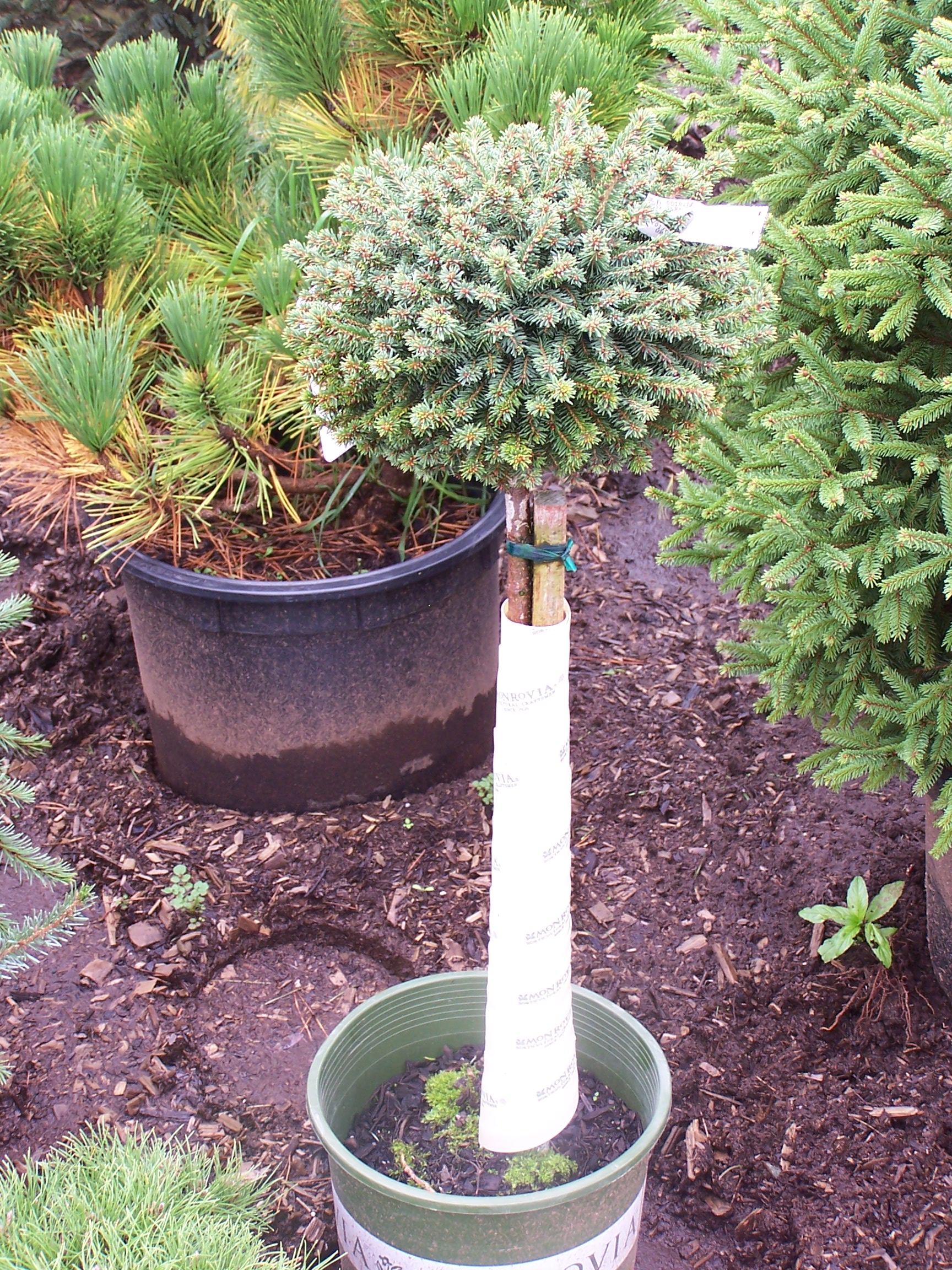 Don’t ever unwrap this plant. It will immediately fall over and/or break. Just keep it as is – call it your turtleneck tree.
Don’t ever unwrap this plant. It will immediately fall over and/or break. Just keep it as is – call it your turtleneck tree.

